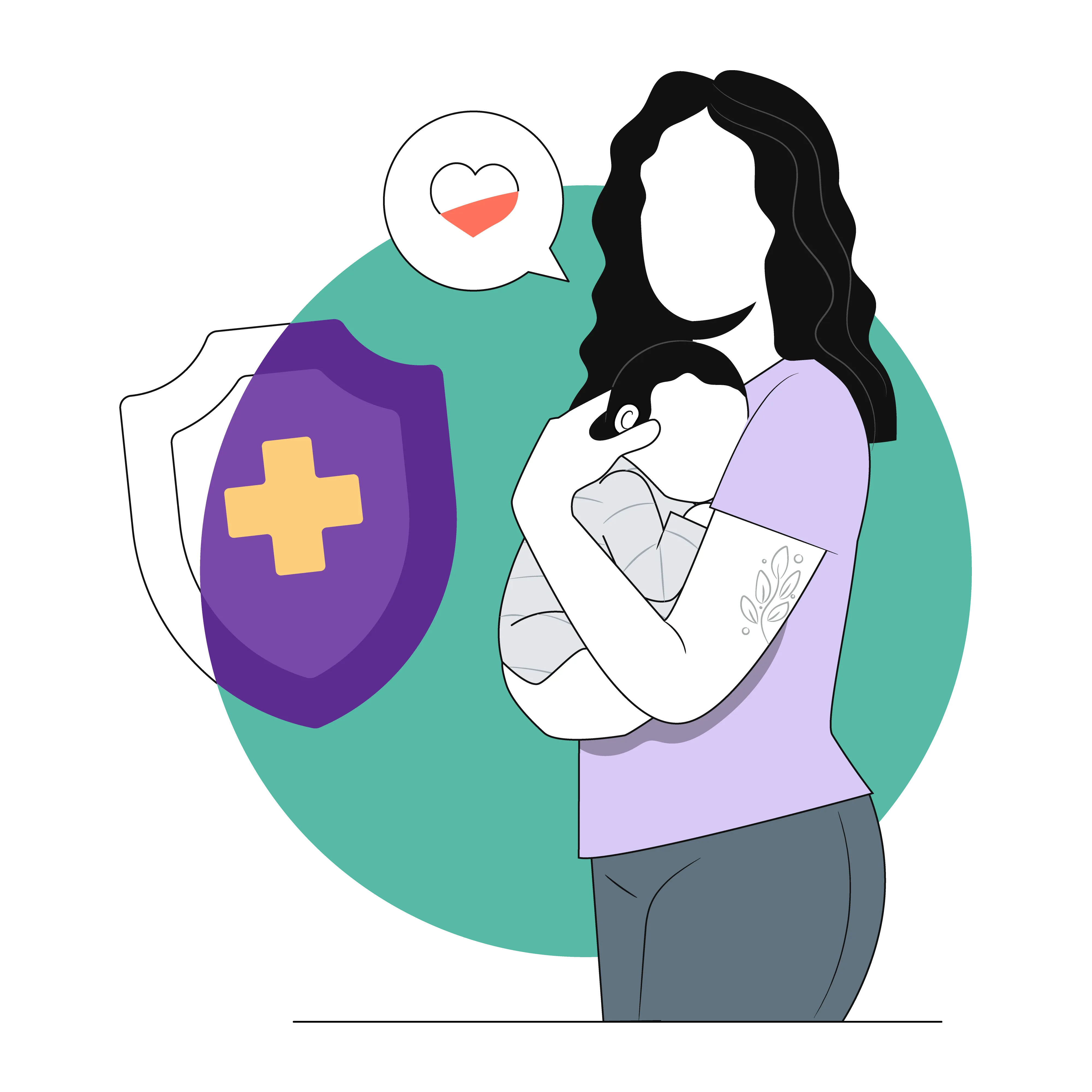Master The Art of Organizing Political Current Events With These 5 Tips
Are you someone who wants to stay informed about political current events but finds it overwhelming to keep up with the constant flow of information? Organizing and understanding political news can be a challenging task, especially with the fast-paced nature of today's world. However, with the right approach and some helpful strategies, you can master the art of organizing political current events. In this article, we will provide you with five valuable tips that will enable you to stay well-informed, stay organized, and navigate the complex world of politics more effectively. In today's digital age, where information is readily available at our fingertips, keeping up with political current events can be both a blessing and a challenge. The abundance of news sources and the rapid pace at which events unfold can make it difficult to stay informed while maintaining a clear understanding of the complexities surrounding political issues. However, with the following five tips, you can enhance your ability to organize political current events effectively.
Stay Focused on Relevant Sources
To effectively stay informed about political current events, it is crucial to stay focused on relevant sources of information. With the vast amount of news and media available, it is easy to get overwhelmed and distracted by irrelevant or unreliable sources. Here are some tips to help you stay on track and ensure you are getting accurate and credible information:
Choose Reliable News Outlets: Opt for well-established and reputable news outlets that have a track record of delivering accurate and balanced reporting. Look for news organizations with a history of journalistic integrity and editorial standards. Trusted newspapers, respected news websites, and renowned news channels are often reliable sources to consider.
Verify the Source: Before believing or sharing any news, take a moment to verify the source. Check if the news is coming from a credible and trustworthy publication. Look for the author's credentials, the publication's reputation, and any potential biases. Be wary of news articles or information that cannot be traced back to a reliable source.
Cross-reference Multiple Sources: Avoid relying solely on a single news source. Cross-reference information from multiple sources to get a comprehensive view of the topic or event. Different news outlets may provide varying perspectives, and cross-referencing allows you to gain a more balanced understanding and avoid potential biases.
Fact-checking: Develop the habit of fact-checking news articles and claims before accepting them as accurate. Fact-checking websites like Snopes, FactCheck.org, and PolitiFact can help you verify the accuracy of information and debunk any false or misleading claims. Critical thinking and skepticism are essential when consuming political news.
Create a Personalized System of Information Management
Developing a personalized system of information management is essential to keep track of political current events. Consider using tools such as bookmarking websites, creating folders or playlists, and organizing your email subscriptions. By categorizing news articles, opinion pieces, and analysis based on relevant topics or areas of interest, you can easily access and revisit information when needed. This approach allows for a more systematic and organized approach to political news consumption.
Utilize Technology Tools and Apps
Technology tools and apps have become an integral part of our lives, enhancing productivity, communication, and efficiency. Here are some examples of how technology tools and apps can be utilized in various areas:
Productivity:
- Project management tools like Trello, Asana, or Monday.com help teams organize tasks, set deadlines, and collaborate effectively.
- Note-taking apps such as Evernote or Microsoft OneNote allow users to capture and organize ideas, create to-do lists, and sync information across devices.
- Time management tools like RescueTime or Toggl help track time spent on different activities, identify productivity patterns, and optimize workflows.
Communication and Collaboration:
- Communication apps like Slack, Microsoft Teams, or Zoom enable real-time messaging, video conferencing, and file sharing, facilitating remote collaboration.
- Online document collaboration tools such as Google Docs or Microsoft Office 365 enable multiple users to work on the same document simultaneously, enhancing teamwork and streamlining document versioning.
Learning and Education:
- E-learning platforms like Coursera, Udemy, or Khan Academy provide access to a wide range of online courses and educational resources.
- Language learning apps such as Duolingo or Babbel offer interactive lessons, quizzes, and personalized learning experiences.
- Virtual reality (VR) and augmented reality (AR) apps enhance immersive learning experiences, allowing students to explore virtual environments and visualize complex concepts.
Health and Fitness:
- Fitness tracking apps like Fitbit or MyFitnessPal monitor physical activity, track calories, and provide personalized workout routines.
- Meditation and mindfulness apps such as Headspace or Calm offer guided meditation sessions and stress-relief techniques.
- Telemedicine platforms enable remote consultations with healthcare professionals, providing convenient access to medical advice and prescriptions.
Finance and Personal Organization:
- Budgeting and expense-tracking apps like Mint or YNAB help manage finances, track expenses, and set financial goals.
- Personal organization tools such as Todoist or Any.do allow users to create and manage to-do lists, set reminders, and prioritize tasks.
- Digital wallet apps like PayPal or Venmo facilitate secure online payments and money transfers.
Engage in Active Discussion and Critical Thinking
Mastering the art of organizing political current events goes beyond passive consumption. Actively engaging in discussions and practicing critical thinking is crucial to developing a comprehensive understanding of political issues. Participate in constructive debates, attend public forums, or join online communities focused on politics. Engaging with diverse perspectives will broaden your knowledge and sharpen your analytical skills, allowing you to form well-rounded opinions on complex political matters.
Stay Consistently Engaged
Consistency is key when it comes to staying informed about political current events. Make it a habit to dedicate regular time slots to catch up on news, read articles, or listen to political podcasts. Set notifications for important news alerts or subscribe to newsletters from trusted sources to receive curated updates directly in your inbox. By incorporating political news consumption into your daily routine, you will develop a habit of staying informed and organized.
Conclusion
Mastering the art of organizing political current events requires a combination of effective strategies and consistent effort. By staying focused on relevant sources, creating a personalized information management system, utilizing technology tools, engaging in active discussions, and maintaining consistent engagement, you can enhance your understanding of political events and navigate the ever-changing landscape of politics more effectively.
With these tips, you'll be well on your way to becoming a knowledgeable and informed citizen capable of analyzing political current events with ease.




.jpg)



.jpg)

 English (US) ·
English (US) ·